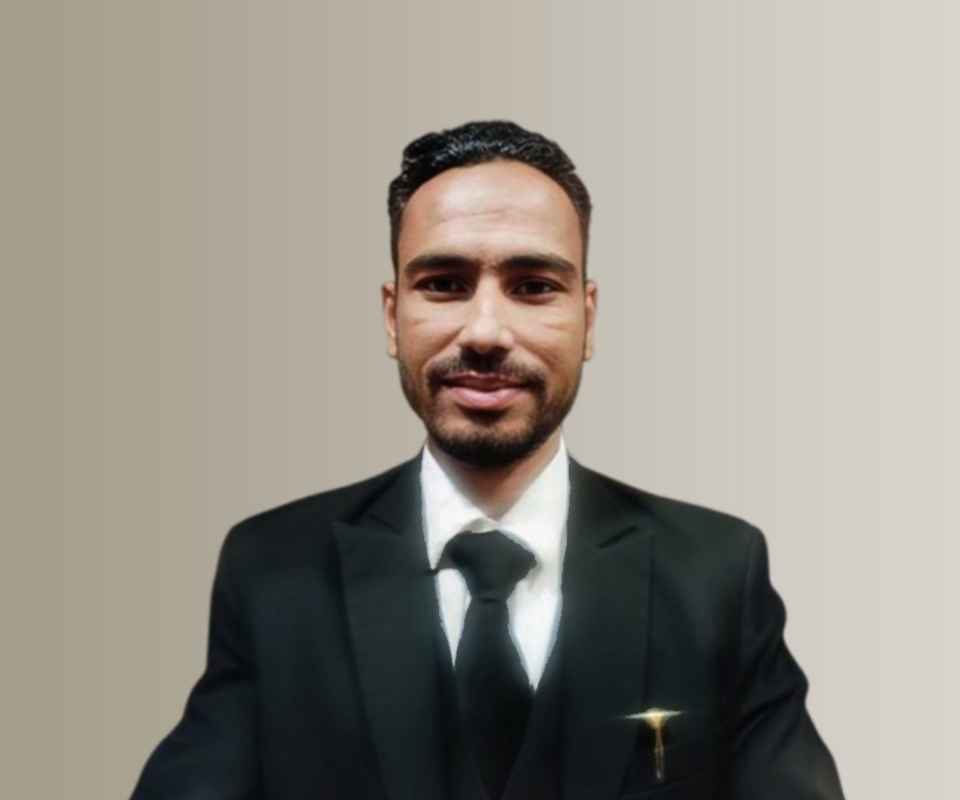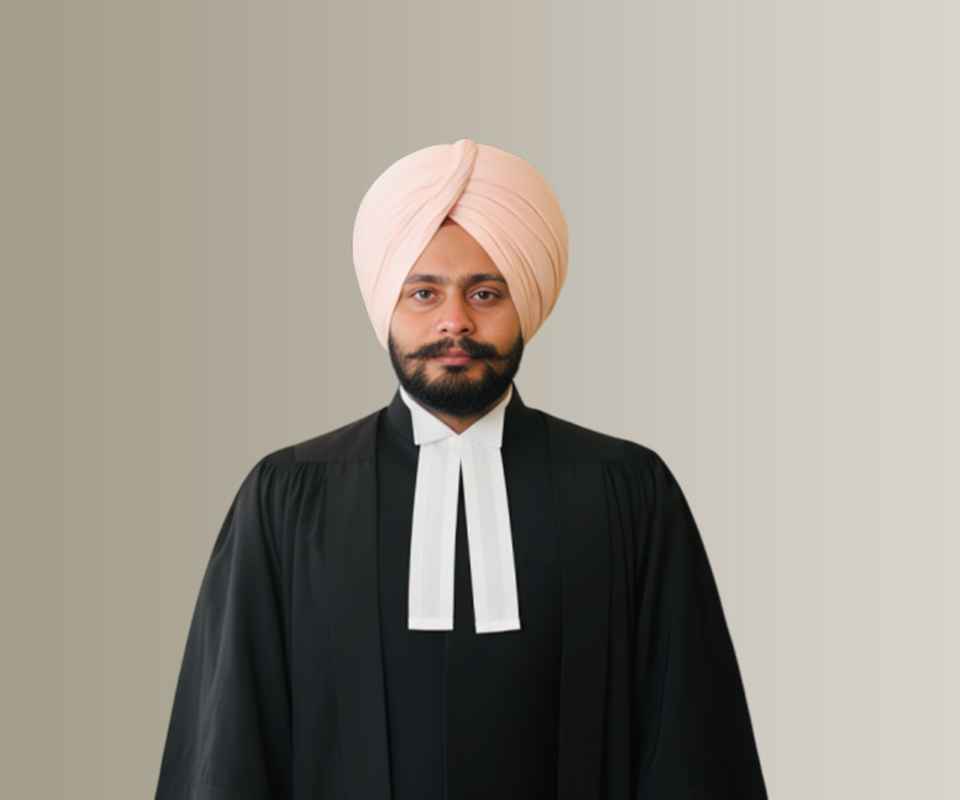Answer By law4u team
During extradition proceedings, the accused is entitled to fundamental legal rights and protections to ensure fairness, respect for human dignity, and compliance with international human rights standards. These rights safeguard against arbitrary detention, torture, or unjust surrender to the requesting country, and enable the accused to challenge the extradition legally.
Rights of an Accused During Extradition Proceedings
Right to Be Informed
The accused must be promptly informed about the extradition request, charges, and the legal process ahead in a language they understand.
Right to Legal Representation
The accused has the right to hire a lawyer or be provided one to defend their case during hearings and appeals.
Right to a Fair and Public Hearing
The accused is entitled to a fair judicial hearing where evidence and arguments can be presented and contested.
Right to Challenge the Validity of Extradition
The accused can contest the extradition on various grounds such as insufficient evidence, political motivations, or procedural irregularities.
Protection Against Torture or Inhumane Treatment
Under international law, extradition must not proceed if there is a real risk that the accused will face torture, cruel, inhumane, or degrading treatment in the requesting country.
Right to Appeal
The accused may appeal extradition orders to higher courts, prolonging the legal process and ensuring additional scrutiny.
Right to Habeas Corpus
The accused can petition for release if the extradition detention is unlawful or if procedural rights are violated.
Non-Refoulement Principle
Extradition cannot proceed if the accused faces a risk of persecution based on race, religion, nationality, political opinion, or membership in a particular social group.
Right to Diplomatic Protection
The accused may seek assistance from their home country’s consular officials during detention abroad.
Challenges and Limitations
Legal procedures and protections may vary depending on the requested country’s laws and treaty terms.
Political offenses or offenses related to freedom of speech often receive special protections.
Some countries may deny extradition if capital punishment is a possible outcome without adequate assurances.
Consumer Safety Tips (For Legal Counsel and Accused)
Engage experienced extradition lawyers early in the process.
Collect and present evidence supporting claims of potential human rights violations.
Stay informed about the legal timeline and procedural rights in the requested country.
Request diplomatic or consular support if detained abroad.
File timely appeals and legal motions to safeguard rights.
Example
Suppose an accused person wanted by India on corruption charges is arrested in Canada.
Rights Exercised by the Accused:
They are informed promptly in their native language about the extradition request.
They engage Canadian legal counsel specializing in extradition law.
During court hearings, they challenge the sufficiency of evidence and allege political bias.
They claim risk of unfair trial and potential mistreatment if extradited.
They appeal the extradition order in higher Canadian courts.
Throughout detention, they receive visits and support from the Indian consulate.







